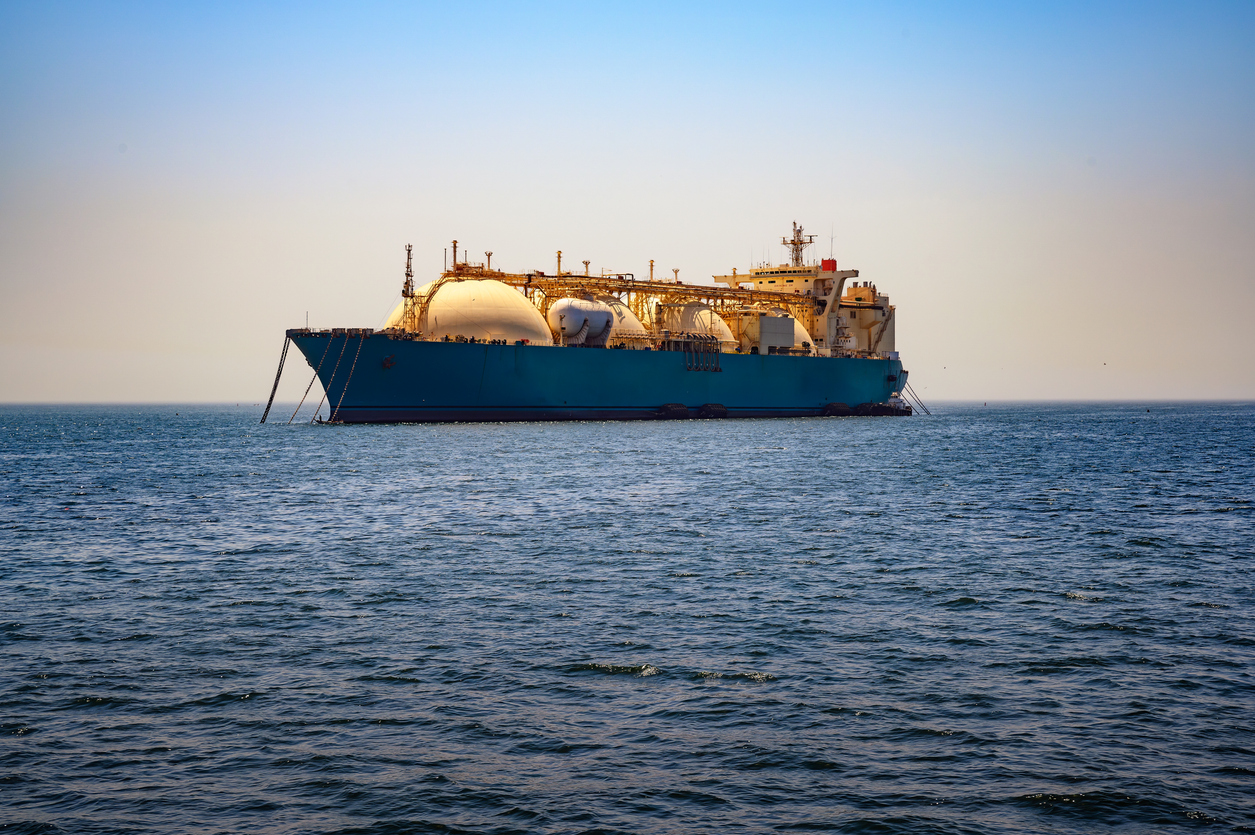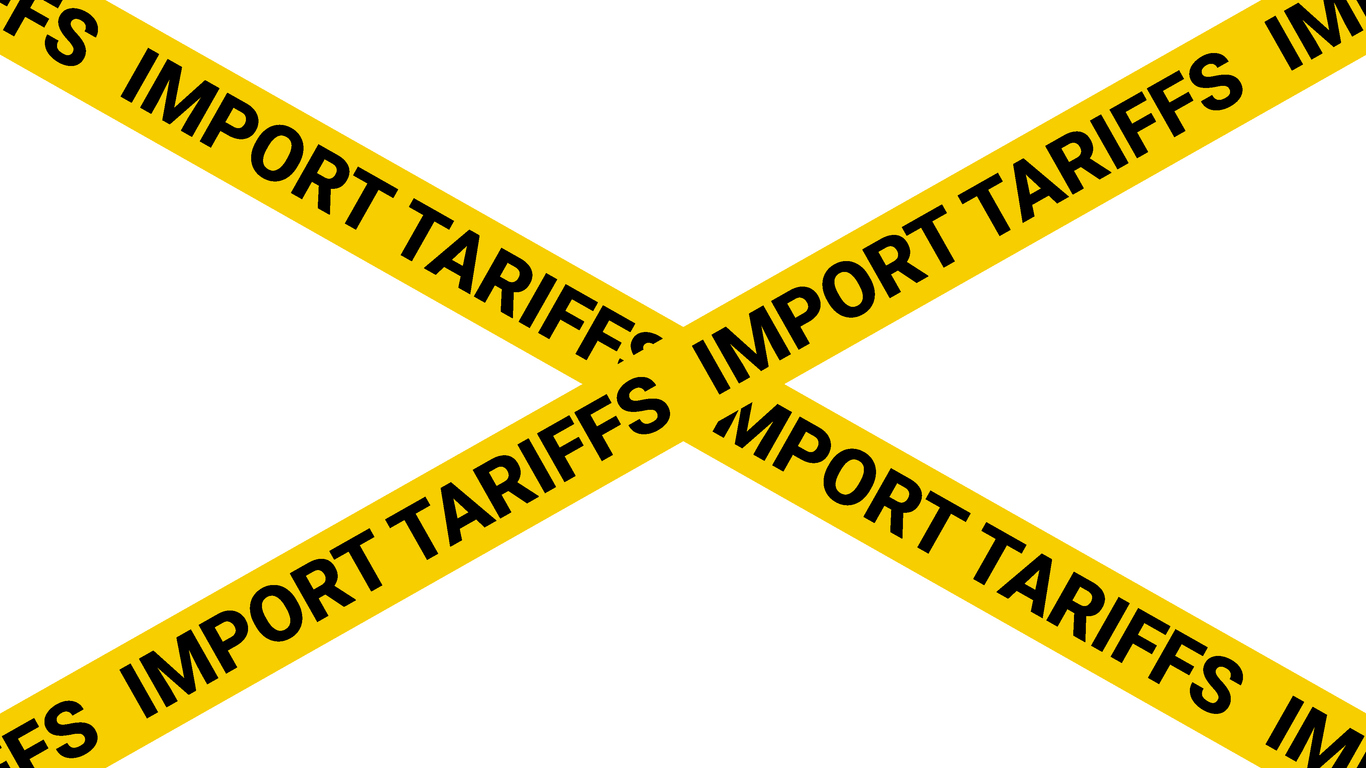The Shipping Industry in Nigeria: A Pillar of Trade and Economic Growth
The shipping industry in Nigeria is a vital contributor to the country’s economy, facilitating trade, supporting industries, and connecting Nigeria to global markets. With its extensive coastline along the Gulf of Guinea and strategic location in West Africa, Nigeria is a regional hub for maritime activities. The industry underpins key sectors such as oil and gas, agriculture, and manufacturing, making it a cornerstone of economic development.
This article provides an overview of Nigeria’s shipping industry, its challenges, opportunities, and how businesses like Wigmore Trading help navigate this dynamic sector.
Significance of the Shipping Industry in Nigeria
1. Trade Facilitation
Over 90% of Nigeria’s trade is conducted via sea routes, making shipping essential for importing goods such as machinery, vehicles, and consumer products while exporting crude oil, LNG, and agricultural commodities.
2. Economic Contributions
The shipping industry supports GDP growth through trade revenues, port operations, and associated logistics industries, generating employment for millions.
3. Regional and Global Connectivity
Nigeria’s ports, such as Apapa and Tin Can Island, act as gateways for trade with Europe, Asia, and other African nations, fostering economic integration and regional collaboration.
Key Ports in Nigeria
1. Apapa Port (Lagos)
Nigeria’s busiest port, handling containerized and general cargo. It is a hub for consumer goods and industrial imports.
2. Tin Can Island Port (Lagos)
Specializes in vehicle imports and other bulk goods, making it a critical facility for the automotive industry.
3. Onne Port (Rivers State)
A key port for oil and gas operations, it handles exports of crude oil and imports of oilfield equipment.
4. Calabar, Warri, and Port Harcourt Ports
These regional ports support specific industries, including agriculture and mining, and facilitate intra-regional trade.
Key Sectors Supported by Nigeria’s Shipping Industry
1. Oil and Gas
- Crude Oil Exports: Nigeria relies on shipping to export approximately 1.5 million barrels of crude oil daily.
- Offshore Operations: Specialized vessels, such as offshore supply ships and FPSOs (Floating Production, Storage, and Offloading units), support the energy sector.
2. Agriculture
- Exports: Products like cocoa, cashews, and sesame seeds are shipped to international markets.
- Imports: Fertilizers, agricultural machinery, and other inputs vital to Nigeria’s farming sector.
3. Manufacturing
- Raw Materials: Imports of machinery, chemicals, and industrial inputs.
- Consumer Goods: Finished goods like electronics and textiles enter Nigerian markets via container ships.
Challenges Facing Nigeria’s Shipping Industry
1. Port Congestion
High cargo volumes and limited infrastructure at major ports lead to delays and increased costs for shippers.
2. Regulatory Bottlenecks
Complex customs procedures and inconsistent policies create inefficiencies in the shipping process.
3. Security Risks
Piracy in the Gulf of Guinea remains a major concern, threatening vessels and increasing insurance costs.
4. Infrastructure Deficits
Aging port facilities, limited deep-water terminals, and poor road networks hinder smooth cargo handling and transportation.
5. Environmental Concerns
Pollution and environmental degradation associated with shipping and port activities require stricter regulatory oversight.
Opportunities in the Nigerian Shipping Industry
1. Infrastructure Development
Projects such as the Lekki Deep Sea Port and the modernization of existing ports aim to alleviate congestion and improve efficiency.
2. Regional Trade Agreements
The African Continental Free Trade Area (AfCFTA) promotes intra-African trade, opening new opportunities for Nigeria’s shipping industry.
3. Technology Integration
Adopting digital systems for cargo tracking, customs processes, and port management can enhance transparency and operational efficiency.
4. Green Shipping Initiatives
Investments in eco-friendly vessels and sustainable port operations align with global environmental standards and position Nigeria for future growth.
How Wigmore Trading Supports Nigeria’s Shipping Sector
Wigmore Trading provides comprehensive logistics solutions to help businesses navigate the complexities of Nigeria’s shipping industry. Here’s how we assist:
1. Freight Forwarding Expertise
We handle the end-to-end shipping process, ensuring timely delivery of goods and efficient cargo handling.
2. Customs Clearance Support
Our team streamlines regulatory compliance and documentation, reducing delays at Nigerian ports.
3. Security Solutions
We collaborate with security providers to mitigate risks associated with piracy and cargo theft.
4. Warehousing and Distribution
Our logistics network supports efficient storage and last-mile delivery of goods across Nigeria.
5. Trade Consulting
We provide market insights and guidance to help businesses optimize their shipping operations and reduce costs.
Future Outlook for Nigeria’s Shipping Industry
The future of Nigeria’s shipping industry looks promising, driven by investments in port infrastructure, technology adoption, and regional trade initiatives. Key developments to watch include:
- The completion of the Lekki Deep Sea Port, which will boost cargo handling capacity.
- Expansion of offshore oil production, increasing demand for specialized vessels.
- Growth in agricultural exports and intra-African trade under AfCFTA.
Conclusion
Nigeria’s shipping industry is a critical driver of economic growth and a vital link in the global trade network. While challenges such as port congestion and security risks persist, opportunities for growth through infrastructure investments and technological advancements are immense.
For businesses looking to optimize their shipping operations in Nigeria, Wigmore Trading offers expert solutions tailored to meet your needs. Contact us today to learn how we can support your logistics and trade requirements.








Comments are closed.